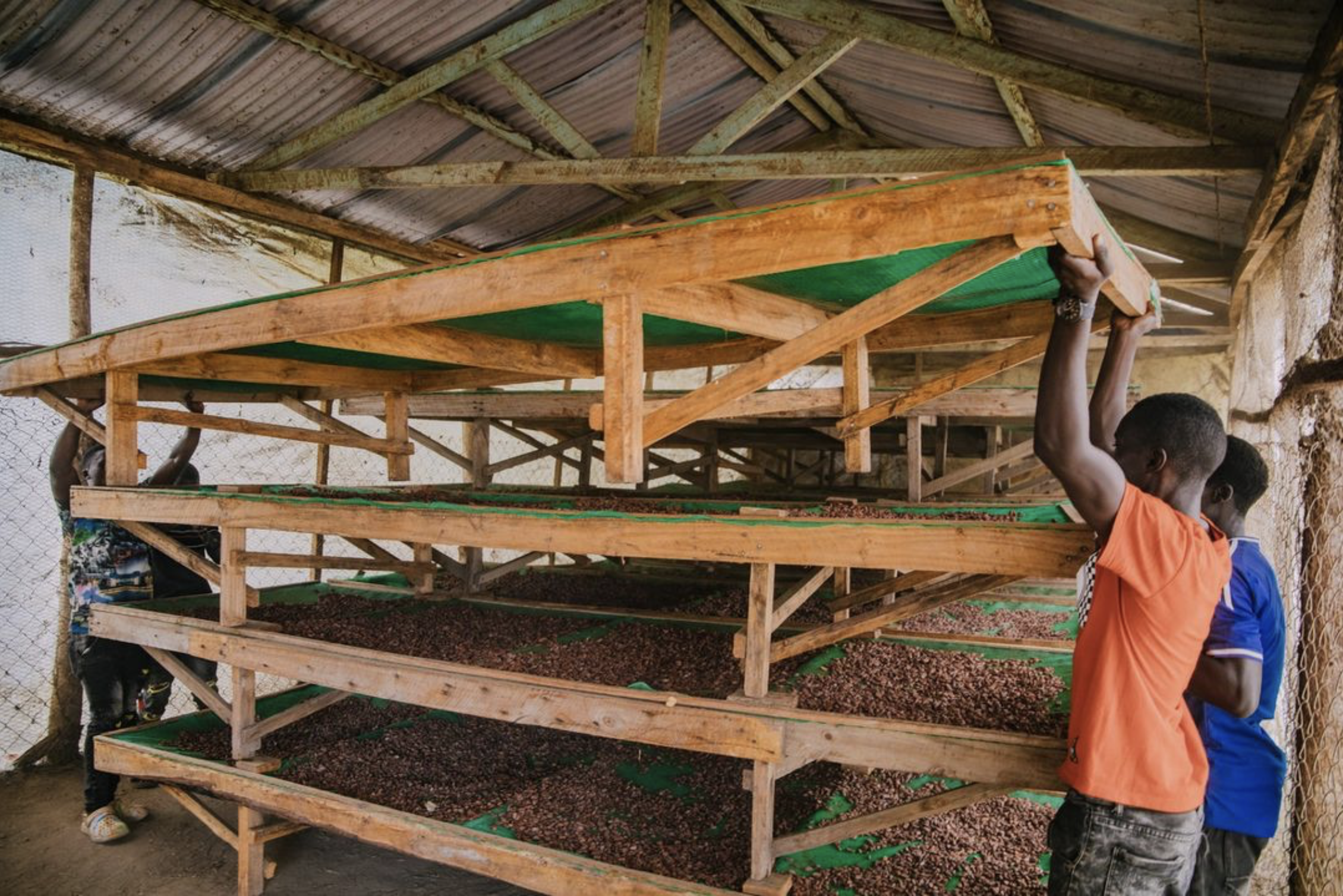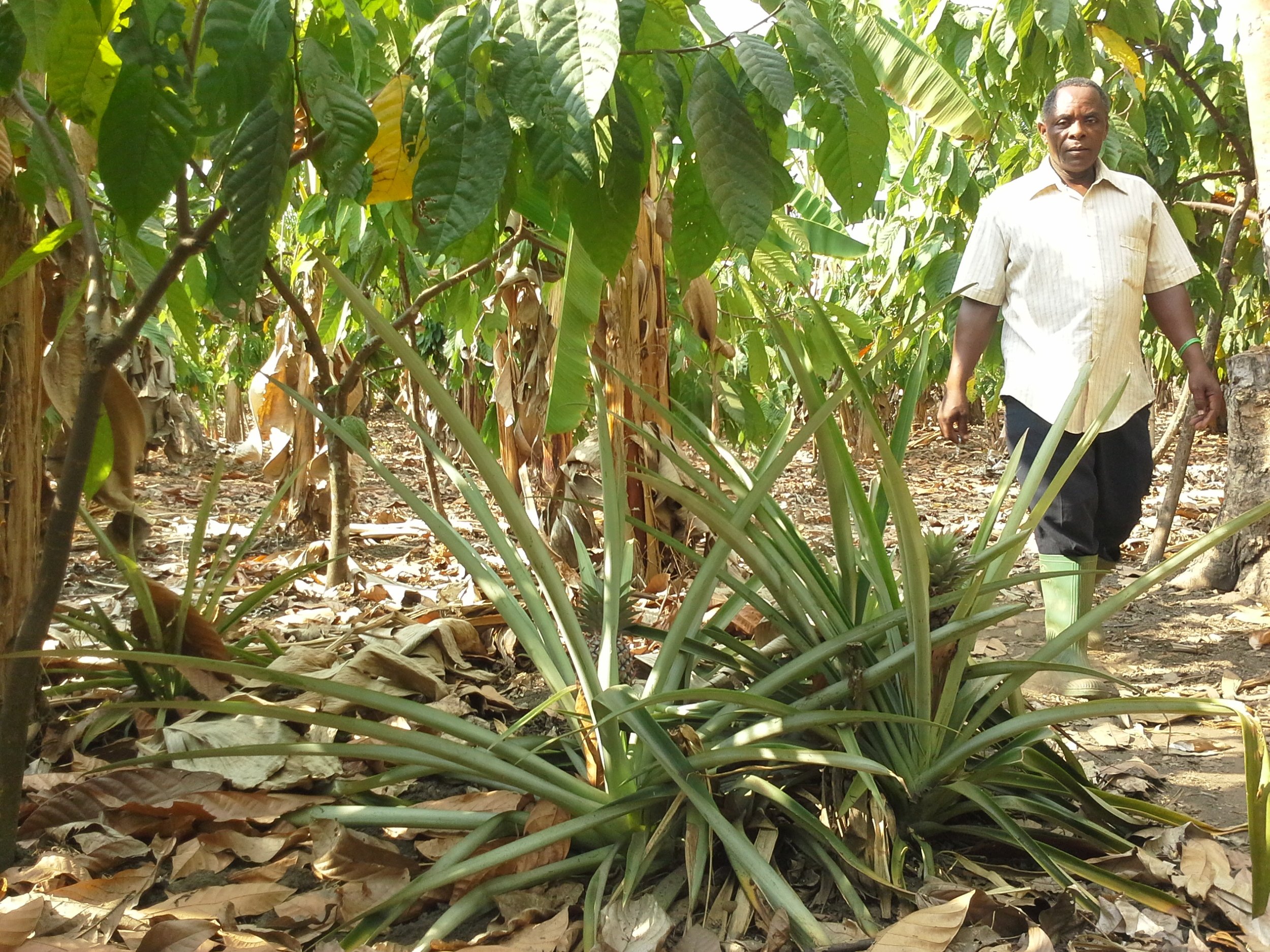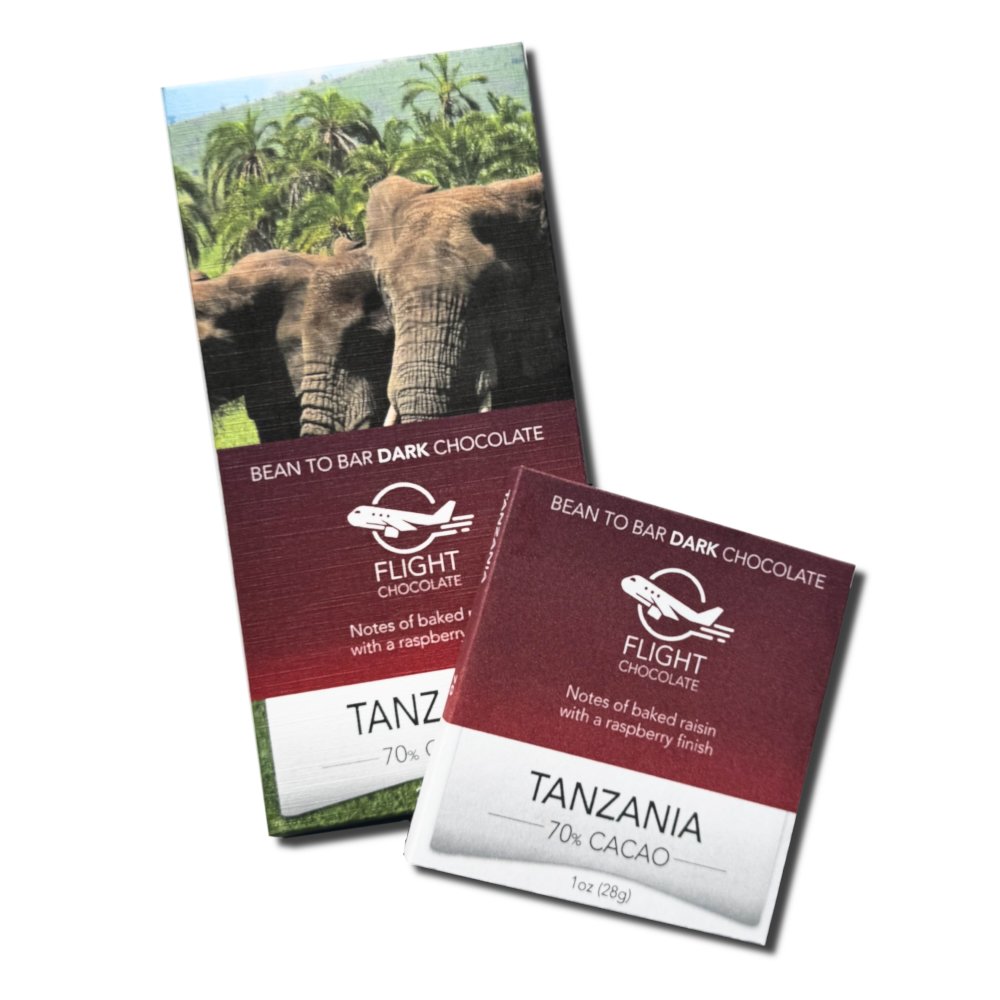
Photo by Michael Wilcox on Unsplash
Home to Mt. Kilimanjaro, Tanzania is mountainous and densely forested.
KOKOA KAMILI
Known for its relative safety and political stability, Tanzania boasts the largest country population south of the equator.
The Kokoa Kamili fermentary borders the Udzungwa Mountains National Park, an area known for its abundance of bird and mammal wildlife. It is most famous for the eleven different primate species, bird life, and is one of three remaining sites that support Savannah Elephants in a mountainous environment. Current estimates of 2,000 elephants reside in and around the Udzungwa area.
Farmers in this area have been practicing organic farming by default for generations - the lack of availability of inorganic inputs for cocoa has meant that the trees have been grown without any pesticides, inorganic fertilizers, or other chemicals. In 2015 they had their first organic audit and passed with flying colors.
Analysis showed that their beans are predominantly a classic Trinitario (Amelonado x Criollo), with the slight presence of Neo-Nacional!

Fermentation is done in 3-tier wooden boxes locally sourced and constructed with eucalyptus.
The typical fermentation length is 6 days with turns on days three and five

Every Morning racks are carried outside to dry in the sun, every evening they are put back in.
We Care
The Kokoa Kamili Fermentery was founded by Brian LoBue and Simran Bindra, who have backgrounds in international development throughout eastern and southern Africa. Prior to Kokoa Kamili, a single buyer dominated the area – the local arm of one of the world’s largest soft commodity trading houses. A sole buyer meant it had the power to set the price for cocoa, and farmers had little alternatives. Historically, farmers in the Kilombero Valley received some of the lowest prices for cocoa in the country. In Kokoa Kamili’s first year alone Kilombero farmers received the highest prices in Tanzania for their cocoa.
Today, Kokoa Kamili works with over 5,000 smallholder farmers, most of whom farm between 0.5-2 acres of cocoa. Kokoa Kamili pays a premium--well above the market rate--to farmers for their ‘wet’ cocoa, and conducts its own fermentation and drying. By taking over the fermentation and drying process, Kokoa Kamili can produce more consistently higher quality cocoa beans. This method gives farmers a reduced workload, along with greater compensation, and the farmers are paid immediately after the cooperative receives its wet beans.
Kokoa Kamili also distributes cocoa seedlings to farmers in the community. In the past three years, they have aided in the planting of over half a million trees.




















